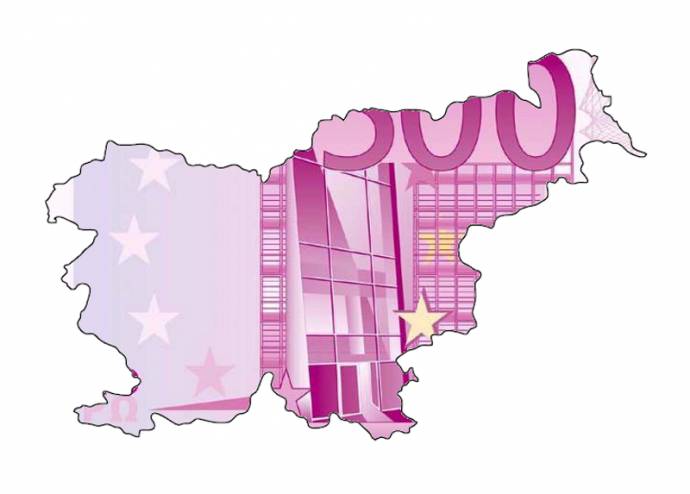STA, 8 April 2018 - The Slovenian economy is in good shape, but some challenges remain to be addressed, most notably fiscal policy, productivity and bank privatisation, according to Unicredit's senior economists for Central and Eastern Europe.
Unicredit has recently upgraded its forecast for Slovenia for this year from 3.5% in January to 4.3%, which is however still a bit less optimistic than the 5.1% forecast by the government's macroeconomic think-tank IMAD.
This year and next, Slovenia's economy will most likely grow "above potential", Dan Bucsa and Mauro Giorgio Marrano have told the STA in a written interview.
Just like many domestic and foreign organisations, the Italian banking group says the encouraging economic situation should be used to implement reforms.
As for fiscal policy, Busca and Marrano have noticed "significant progress over the past two years, with the country existing the EU's excessive deficit procedure and public debt on a declining trend".
"However, most of the improvement in the fiscal balance is cyclical," they stressed, noting that European Commission estimated the country's 2017 structural deficit at 1.6%, with roughly the same figure expected in 2018 and 2019.
Sustainable fiscal consolidation requires structural measures, and to face ageing society challenges the healthcare and pension systems will have to be reformed.
As for labour productivity, Slovenia still tops the list of the most productive countries in the region, but growth after the economic crisis has been slow, which the pair attributes to weak investment.
While private investment has been on the rise, the economists believe reforms to improve the business environment by lowering taxes and cutting red tape would encourage them further.
And while the situation in the banking sector has improved since the 2013 bailout, lack of progress in privatising 50% of NLB brings risks for financial stability.
"The cyclical rise in banking sector profitability coupled with falling non-performing loans should not deter the privatisation of NLB, especially now that low borrowing costs would help the government shoulder any unexpected costs."
Bucsa and Marrano also believe that rising employment of all age groups and in all parts of Slovenia will require more investments in non-urban areas, improvement in infrastructure, and ensuring re-training.
Adapting education to the economy's needs and fostering vocational training are key to the challenges stemming from increasing digitalisation, the pair said, adding that for a small country like Slovenia, encouraging immigration could also be a solution.
Challenges to Slovenia's development will be discussed next week at Unicredit Banka Slovenije's annual Financial Breakfast event, Bucsa and Marrano plan to attend.







